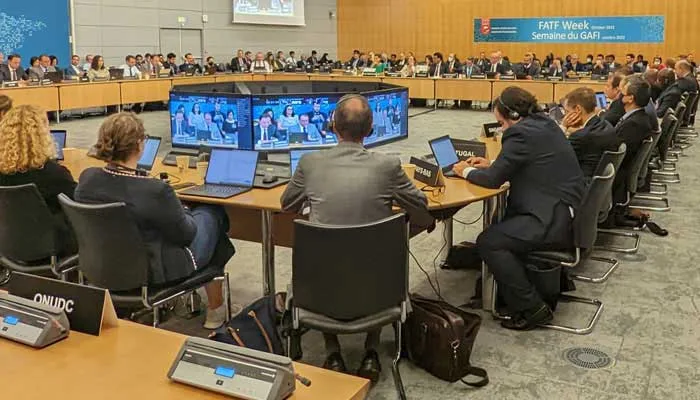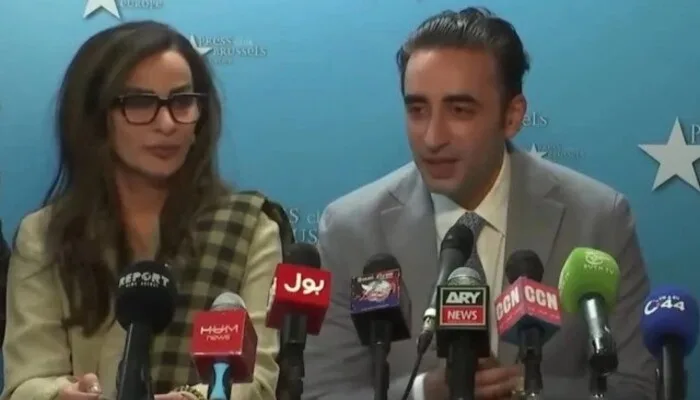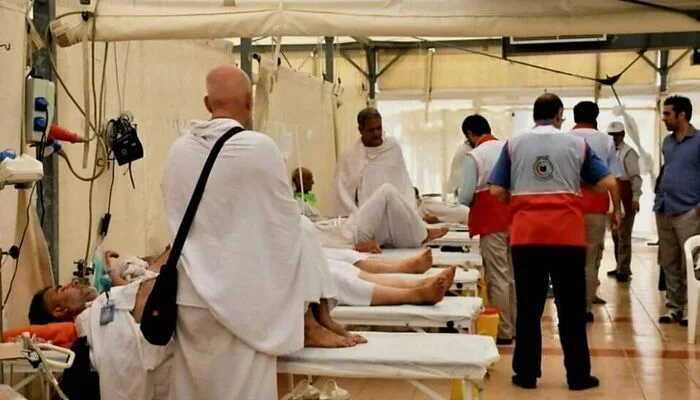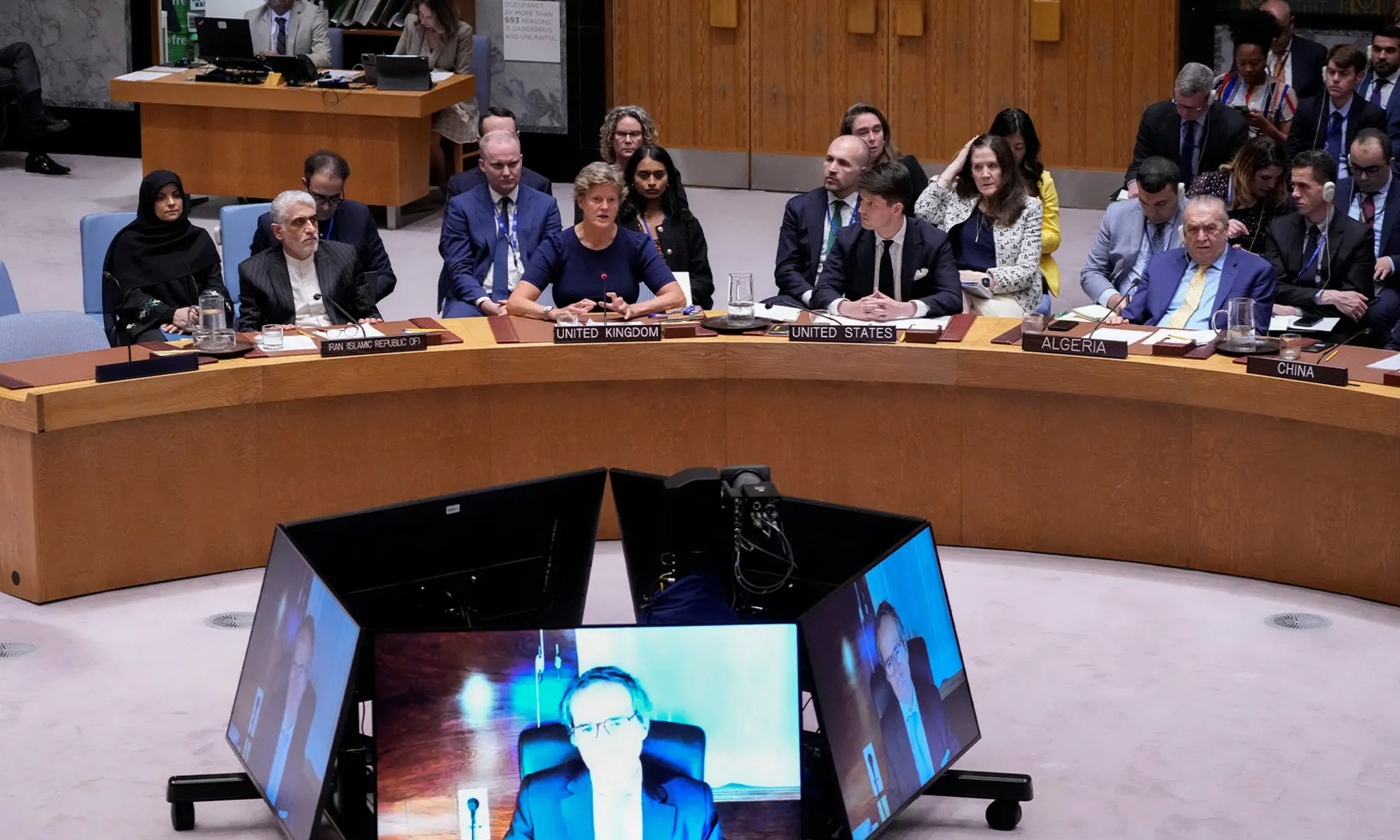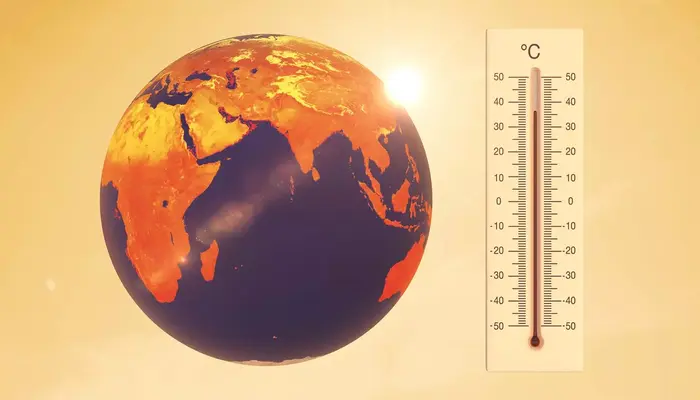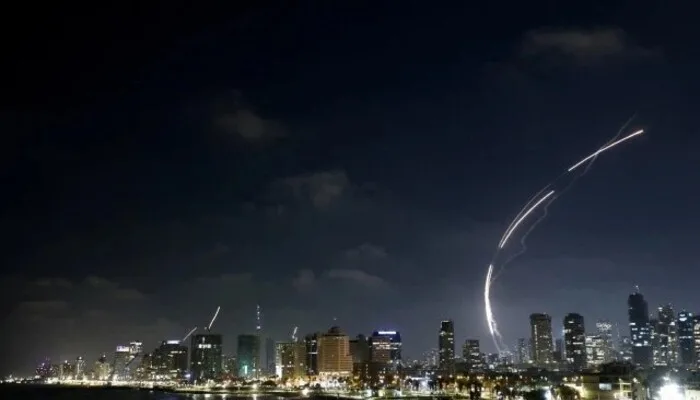
The Iran-Israel conflict entered a dangerous new phase as Iran launched hundreds of ballistic missiles at Israel on June 13, 2025. This came in retaliation for Israeli airstrikes that targeted Iran’s top military leaders, nuclear sites, and key facilities.
Massive Retaliation Begins
Iran called the assault “Operation True Promise 3.” Explosions shook Tel Aviv and Jerusalem, forcing civilians to shelter. Sirens blared as Israel’s defense systems intercepted many incoming threats. At least 15 people in central Israel were injured.
Iranian media claimed two Israeli F-35 fighter jets were downed in Iranian airspace. Meanwhile, Iranian Foreign Minister Abbas Araghchi rejected international calls for restraint. He warned that nowhere in Israel would be safe.
Iranian Leaders Vow Revenge
Supreme Leader Ayatollah Ali Khamenei condemned Israel’s actions and vowed severe punishment. He promised Iran’s response would be strong and uncompromising, calling Israel’s attack a “wicked and bloody crime.” Khamenei said the Iranian people must see a full response, not a “half-measured” reply.
Read: Lebanon’s Aoun Condemns Israeli Strikes, Warns of Regional Destabilization
Key Iranian Losses
Israeli strikes killed three top Iranian military officials and six nuclear scientists. The attacks also damaged Iran’s nuclear facility at Natanz and missile production sites in Tabriz and Shiraz. Over 50 people, including many women and children, were injured and taken to hospitals in Tehran.
Israel on High Alert
In response, Israel launched “Operation Rising Lion,” with strikes targeting dozens of Iranian facilities. Prime Minister Netanyahu said the goal was to remove Iran’s ability to build nuclear weapons. Israel declared a state of emergency and closed its airspace, while flights were suspended.
Global Reactions and Rising Fears
The US denied involvement in the attacks, though Israeli sources claimed coordination with Washington. Oil prices surged and stock markets fell sharply. Iran has formally requested an emergency UN Security Council meeting.
As the crisis deepens, world leaders are urging both nations to de-escalate. But with threats flying on both sides, the risk of broader regional war continues to grow.
Follow us on Google News, Instagram, YouTube, Facebook,Whats App, and TikTok for latest updates




